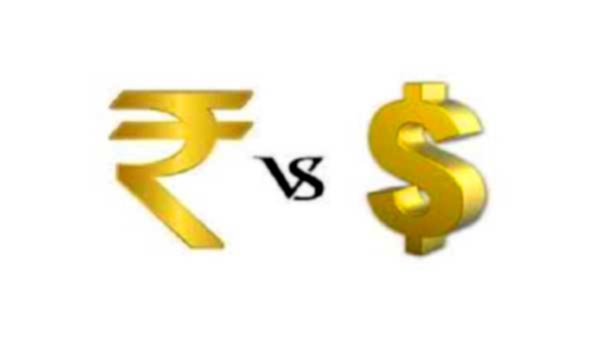New Delhi, Apr 4 (UNI) Legendary actor and director Manoj Kumar, known for his patriotic movies and often dubbed as ‘Bharat Kumar’, is considered a trend setter for such films in India and remained an inspiration to many Bollywood actors across generations.
During a career spanning five decades, Manoj Kumar played a part in around 55 movies, several of them attained iconic status, cementing his place as a doyen of Indian cinema.
Manoj Kumar, 87, who breathed his last at the Kokilaben Hospital here on Friday morning, had ventured into virtually all areas of film making – he was variously an actor, director, screen writer, producer, editor and lyricist. And it was his many contributions to film making, that fetched him Indian cinema’s highest award Dada Saheb Phalke in 2015.
It can perhaps be said that his movies which overtly burned with patriotic fervour, acted as the precursor for setting the trend for nationalistic films, something which is currently seeing a strong resurgence across Bollywood and Indian cinema.
That they still resonate with the present generation of actors became clear when a grieving Akshay Kumar posted that he grew up learning from Manoj Kumar “that there’s no emotion like love and pride for our country”.
To Ajay Devgn, Manoj Kumar’s films were “national emotions”, and “set a benchmark that very few have matched”.
Born Harikrishan Giri Goswami in 1937 in the region of Abbottabad (now in Pakistan), Manoj Kumar was greatly inspired from other legends such as Ashok Kumar, and Dilip Kumar. He so greatly admired these figures, that he was inspired to change his birth name to the name of the lead character played by Dilip Kumar in his 1949 film ‘Shabhnam’.
Making his start in the early 1950s with small roles in films such as ‘Sahara’ and ‘Chand’, Manoj Kumar finally became the lead actor in the 1962 film ‘Hariyali Aur Rasta’. He also notched up other commercial successes such as ‘Dr. Vidya’,(1962), ‘Grahasti’ (1963), and ‘Woh Kaun Thi?’(1964). These ventures led to him starring in the film ‘Shaheed’ (1965) which would form the theme of most of his filmography and cement itself as a classic.
Based on the life of freedom fighter and revolutionary Bhagat Singh, ‘Shaheed’ earned Kumar great praise and accolades for his role and became what is still considered one of his all-time grat achievements, with even former Prime Minister Lal Bahadur Shastri commending his performance.
Following the Indo-Pakistan war of 1965, while he acted in other great films such as ‘Gumnaam’ (1965), Manoj Kumar made his directorial debut in 1967 with what would become yet another icon of Indian cinema, ‘Upkar’. With the slogan ‘Jai Jawan, Jai Kisaan’ coined by Shastri forming the backbone of the movie, ‘Upkar’ marked a tribute to the sacrifice of Indian soldiers who laid down their lives in the 1965 war.
The themes of nationalism and patriotism further echoed in his other films such as ‘Purab Aur Paschim’ (1970), ‘Roti Kapda Aur Makaan’ (1974), and ‘Kranti’ (1981), contributing to both his legacy, and his image as one of the icons of patriotism in the film industry, thus also earning him the moniker of ‘Bharat Kumar’.
He also became the country’s first actor-director to cast Pakistanis – Mohammad Ali and Zeba – in an Indian film with his 1989 release ‘Clerk’, which also marked his last role as a lead actor.
Receiving the country’s fourth highest civilian honour Padma Shri in 1992, Kumar quit acting altogether in 1995, making his final appearance in the movie ‘Maidan-E-Jang’.
He delved into politics, joining the Bharatiya Janata Party in 2004 and remained loyal to the saffron outfit up until his death.











